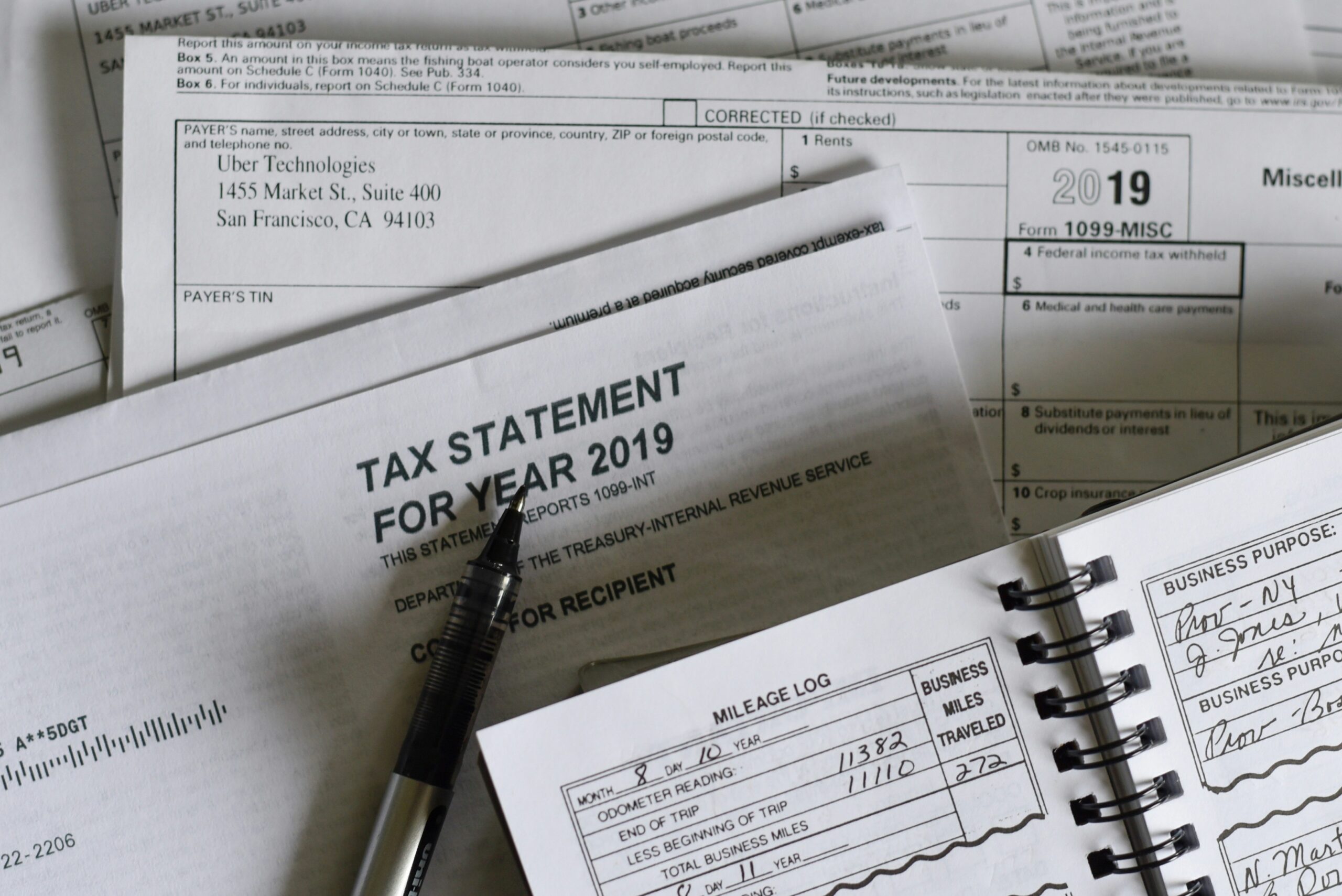Income Tax Services
Contact For Services
15 Minutes Free Consult for New Startup or Entrepreneur (Call for your Business Consulatant Related Quiry)
Income Tax Return Salary (ITR-1)
ITR-1 (for Salary Return) (Working Days 1-2 Days)
15 Minutes Free Consult for New Startup or Entrepreneur (Call for your Business Consulatant Related Quiry)
Regular/Offer Price
₹1,500.00 Original price was: ₹1,500.00.₹999.00Current price is: ₹999.00.
Documents Required for ITR Return
- Aadhaar & PAN
- Form 16 or 26AS
- Aadhaar & PAN
- Balancesheet & Proffit Loss A/c (Non-Audited)
- Balancesheet & Proffit Loss A/c (in Case Audited)
- 44AD (Non Balancesheet & Proffit Loss A/c)
- Bank Statments
- Firm/Comany PAN
- Aadhaar & PAN Partners or Directors
- Deed Copy
- Bant Statments
- Balancesheet & Profit Loss A/c (Audited)
- Balancesheet & Profit Loss A/c (Non-Audited Conditions Apply)
Due Dates
- Next Year 15 September
- Next Year 31 October
Important Content
What is ITR?
ITR stands for Income Tax Return. It is a form that taxpayers submit to the Income Tax Department to report their annual income, taxes paid, deductions claimed, and other financial details. Filing ITR helps the government track your income and ensures you have paid the correct amount of tax.
Types and Structure of ITR
Types of ITR in India
Income Tax Returns are categorized based on the type of taxpayer and source of income. The main types are:
ITR-1 (Sahaj) – For individuals with salary, pension, or one house property income; no business income.
ITR-2 – For individuals and HUFs with income from salary, house property, capital gains, or foreign assets; no business income.
ITR-3 – For individuals and HUFs with income from business or profession.
ITR-4 (Sugam) – For individuals, HUFs, and firms with presumptive income from business or profession.
ITR-5 – For firms, LLPs, AOPs, BOIs, or cooperative societies.
ITR-6 – For companies (except those claiming exemption under section 11).
ITR-7 – For persons including trusts, political parties, and charitable institutions required to file under section 139(4).
Structure of ITR
ITR forms typically include:
Personal Details – Name, PAN, address, contact details.
Income Details – Salary, business/professional income, capital gains, house property, other sources.
Deductions and Exemptions – Section 80C, 80D, HRA, etc.
Tax Paid and Refund – TDS, advance tax, self-assessment tax.
Verification – Declaration and signature (or e-verification).
Why File ITR? – Key Reasons
Filing an Income Tax Return (ITR) is important for individuals and businesses. Here’s why:
Legal Compliance – It is mandatory for individuals earning above the taxable limit to file ITR as per Income Tax laws.
Proof of Income – ITR serves as official proof of your income, useful for loans, visas, or financial transactions.
Tax Refund – Filing ITR allows you to claim refunds if excess tax was deducted or paid.
Avoid Penalties – Timely filing helps avoid fines, interest, or legal issues.
Carry Forward Losses – Business or capital losses can be carried forward only if ITR is filed.
Financial Record Keeping – Maintains a record of your income, helping in financial planning and future compliance.
Filing ITR ensures transparency, legal safety, and smooth financial management.
Late Filing: Fees, Penalties, and Interest
Missing deadlines triggers fees under Section 234F, interest u/s 234A/B/C, and restrictions. Belated filing is possible until 31 December but with costs.
Section 234F fee: ₹1,000 (income ≤₹5 lakh); ₹5,000 (income >₹5 lakh) if filed before 31 December.
Interest u/s 234A: 1% per month on unpaid tax from due date to filing
u/s 234B/C: 1% monthly/quarterly for advance tax shortfalls if liability >₹10,000
Audit penalty u/s 271B: 0.5% of turnover (min ₹1.5 lakh) for delayed Form 3CD
Example: Income ₹8.5 lakh filed post-September attracts ₹5,000 fee plus interest. Opt for updated returns for prior years with additional tax.
Tax Audit Requirements
Audit u/s 44AB applies if turnover exceeds limits, mandating Form 3CA/3CB and 3CD. Report due before ITR.
Thresholds: ₹1 crore (business, 95% digital >₹10 crore); ₹50 lakh (profession) or 8% Proffit Less in other than Bank Transaction.
Process: Auditor uploads report; taxpayer accepts/rejects via portal
Non-compliance risks penalty; presumptive taxpayers (ITR-4) exempt if opting in.
Income Tax Refunds: Process and Status
Refunds arise from excess TDS/advance tax. Processing starts post e-verification, typically 4-5 weeks.
Steps:
E-verify ITR within 30 days.
Check status: e-File > Income Tax Returns > View Filed Returns
Timeline: 2-3 Weaks
Verify bank details; unresolved issues will be rectified immediately. Refunds are less expensive and come as quickly as possible.
Common Income Tax Notices and Responses
Notices ensure compliance; respond timely to avoid escalation. Issued via email/PAN portal.
u/s 139(9) | Defective return | 15-30 days; rectify or refile |
u/s 142(1) | Inquiry/books | Before assessment; submit documents |
u/s 143(1) | Intimation/adjustments | 30 days if disagree (rectify/revised) |
u/s 143(2) | Scrutiny | Within 3 months of FY end; attend/hearings |
u/s 144 | Best judgment | Respond to show cause |
u/s 245 | Refund adjustment | Verify demands |
Gather Form 16, AIS; consult CA for complex cases. Deadlines: 142(1) flexible; 143(2) strict.
Advanced Topics: Advance Tax and Opting Regimes
Advance tax applies to non-TDS income >₹10,000: 15% by 15 June, 45% by 15 September, 75% by 15 December, 100% by 15 March.[4] Single installment for presumptive (44AD/ADA) by 15 March 2026.
New regime (default): Lower slabs, limited deductions (80CCH, 24(b)). Old regime: Full Chapter VIA but higher rates; switch annually for non-business. Businesses file Form 10-IEA by due date.
Our Complete Income Tax Services
My Legal Law offers end-to-end ITR Return solutions for businesses, professionals, and startups. From ITR-1 to 7 support, handle all Income tax work with the professional expertise of the My Legal Law Team.
Key services to list and briefly describe:
ITR Returns: ITR returns report annual income, taxes paid, deductions claimed, ensuring compliance and enabling refunds for taxpayers.
ITR Refund: ITR refunds are issued when taxpayers pay excess tax, allowing them to receive back the extra amount after verification.
ITR Notice and Reply: ITR Notice & Reply involves responding to income tax queries, correcting discrepancies, and ensuring compliance with department requirements.
Benefits of Choosing Professional Income Tax Services Support
Professional IT Returns and related services support ensure accurate filing, timely compliance, and quick resolution of tax issues. Experts handle ITR filing, refunds, notices, deductions, and financial documentation, helping individuals and businesses stay compliant and confidently manage their tax responsibilities.
FAQS
Q1. Who can file ITR-1 (Sahaj)?
Resident individuals with total income up to ₹50 lakh from salary, one house property, and other sources (interest, family pension). Excludes business income, capital gains exceeding ₹1.25 lakh u/s 112A, or lottery winnings.
Q2. What is ITR-2 used for?
Individuals and HUFs with income from salary, multiple properties, capital gains, foreign assets, but no business or profession income.
Q3. When to use ITR-3?
Individuals/HUFs having business/profession income (not presumptive), salary, house property, capital gains.
Q4. Is ITR-4 for presumptive taxation?
Yes, residents (individuals, HUFs, firms excluding LLPs) under sections 44AD/44ADA/44AE, with total income up to ₹50 lakh.
Q5. Who files ITR-5?
Firms, LLPs, AOPs, BOIs, trusts (not u/s 11 exemption).
Q6. ITR-6 applicability?
Domestic/foreign companies not claiming exemption u/s 11.
Q7. Revised vs. updated returns?
Revised: Correct errors before due date or by 31 December. Updated (ITR-U): For prior years up to 31 March 2030 with additional tax.
Q8. What is the penalty for late ITR filing?
Section 234F: ₹1,000 (income ≤₹5 lakh); ₹5,000 (higher income).
Q9. Interest on delayed filing?
u/s 234A: 1% per month on unpaid tax from due date. u/s 234B/C: For advance tax shortfalls if liability >₹10,000.
Q10. Audit penalty u/s 271B?
0.5% of turnover (min ₹1.5 lakh) for delayed tax audit report.
Q11. How long for income tax refund?
4-5 weeks post e-verification; high-value may take up to 6-9 months.
Q12. How to check refund status?
e-File > Income Tax Returns > View Filed Returns on portal.
Q13. What is u/s 143(1) notice?
Intimation of processing/adjustments; respond within 30 days if disagree via rectification.
Q14. u/s 142(1) inquiry notice?
Requests documents/books; respond before assessment deadline.
Q15. New vs. old tax regime?
New is default (lower rates, limited deductions); opt old via form (non-business annually, business via 10-IEA).

